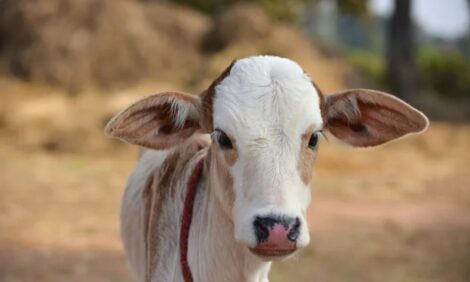



Philippines Lifts Last BSE Ban On European Beef
PHILIPPINES - The Philippines has finally lifted its ban on imports of beef and beef products from Portugal.This follows earlier decisions to lift the bans on imports from the other EU Member States and means that exporters from all EU Member States can now apply to export such products to the Philippines again.
This measure is welcomed by the EU as by lifting the ban, the Philippines shows that it recognises that European beef and beef products are safe.
In 2000, the Philippines introduced an import ban on beef of European origin, citing a risk of Bovine Spongiform Encephalopathy (BSE) without providing any scientific justification for the measure.
This measure went beyond the international standards set by the World Organisation for Animal Health (OIE) and did not take into account the stringent control and surveillance measures in place in the European Union guaranteeing that European beef and beef products could be consumed in all safety.
Since the introduction of the ban, the European Commission, the EU Delegation and EU Mem-ber States regularly raised the issue with the Philippines in all available fora and bilateral meetings, at technical and political level.
On these occasions, the European Commission requested the Philippines to lift the ban for all affected EU Member States.
As a result, the Philippines revised its import conditions in several stages and re-opened its market gradually to EU Member States most recently to Portugal which was the last Member State subject to the ban.
Despite the ban being lifted, countries still have to undergo a country by country procedure for accreditation of Foreign Meat Establishments.
This procedure is somewhat lengthy and non-transparent, so the European Commission will continue to raise the issue with the Philippines to ensure trade friendly approval procedures in line with the Philippines' international obligations.
In the year 2000, before the introduction of the ban, exports of European beef to the Philippines exceeded 19,000 tonnes and were valued at over €24 million.
This development should allow EU exporters to access the Philippines market again. EU business is invited to inform the Commission of any new developments in this matter.
TheCattleSite News Desk


